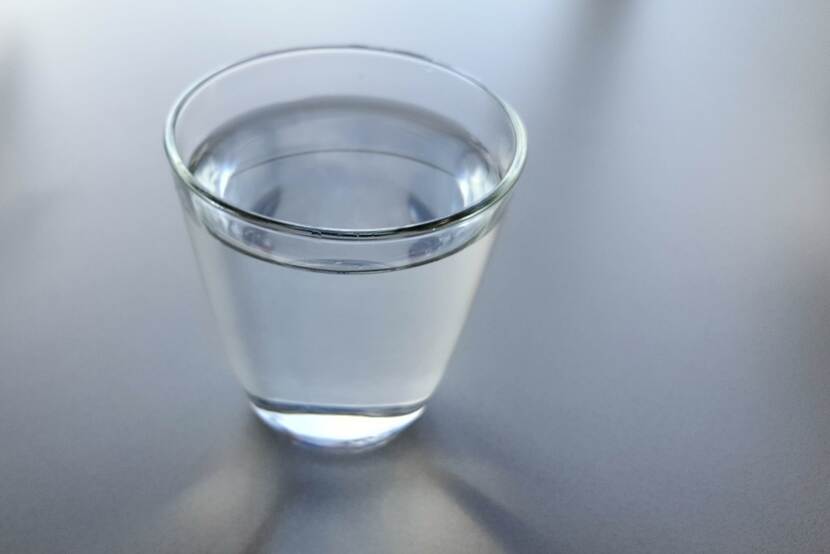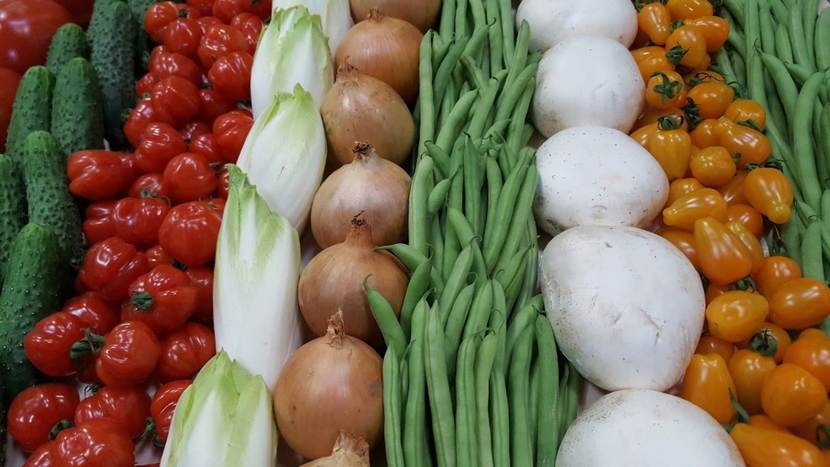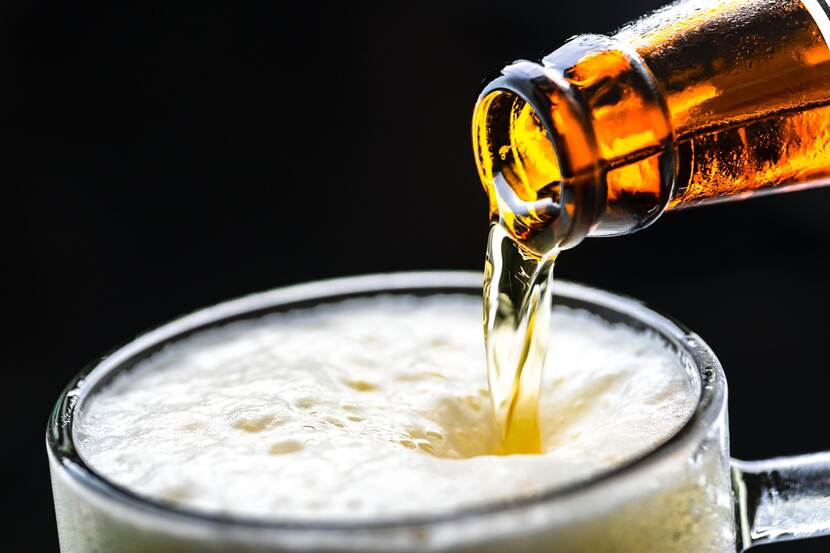Poland: agricultural news week 31, 2021
In this week read about new dor the Polish farmes for sales without tax, current sales of beer in Poland and introduction of a glass bottle for mineral water at Carrefour stores.
Enjoy your reading!

Carrefour introduced deposit bottles for water
The chain boasts that it was the first in Poland to introduce sparkling water in liter glass bottles. Both the bottles and the crates in which they are carried are subject to a deposit. During the first purchase, the customer pays a deposit for the bottles and the case, and when making subsequent purchases, they exchange them for full packaging without incurring any additional costs.
We encourage Poles to actively reduce the amount of generated glass waste and to develop a deposit system for returnable packaging, while providing them with specific solutions. Another natural step towards zero waste is expanding the range of glass packaging that can be replaced - for the benefit of the environment and the home budget - emphasizes the Management Board of Carrefour Polska.
Source: Money.pl

The Polish government is preparing sales up to 100,000 PLN without tax for farmers
The Council of Ministers has adopted a bill amending certain acts to facilitate agricultural retail trade by farmers. The proposed new regulations raise the amount from 40 000 PLN up to 100 000 PLN of revenues exempt from income tax under the so-called agricultural retail trade. The possibility of the tax-free sale of agricultural produce and own products appeared in 2017. The condition for conducting this activity is that the food produced and placed on the market must come in whole or in part from the entity's own cultivation, breeding or rearing. The proposed amendment clarifies that the agricultural retail trade consists in the production of food containing at least one ingredient entirely derived from own cultivation, breeding or rearing of a food business operator. Before that happens, however, the law must be adopted by the Polish parliament.
Source: Business Insider Polska

Results of beer report in Poland
The latest report of the Jagiellonian Institute analyzes the model of beer drinking in Poland. The analysis shows that Poles drink too much beer and have no control over its consumption. On average, every drinking Pole over the age of 15 drinks 136 liters of beer per year, which means 272 half-liter cans and over 5 kg of ethanol. Most often we choose cheap and strong species.
Many factors influence the increase in beer consumption in Poland. The authors of the report indicate, inter alia, on the way beer is presented in advertisements, lower excise duty compared to other spirits, growing beer production in Poland, with low exports at the same time. The lack of sufficient education of the society is another factor influencing the beer "debauchery" of Poles.
We drink a lot of golden liquor, we are leaders in Europe in this respect, and our continent, in turn, is the largest beer consumer in the world. In the European Union, more beer is consumed only in Germany, the Czech Republic and Belgium, ie countries with a deeply rooted beer tradition. Only in these countries beer has a lower alcohol content than the most popular brands in Poland can be read in the report.
Over the last 30 years, the structure of alcohol consumption in Poland has changed dramatically. Since beer replaced vodka on the podium of Poles' favorite spirits in the early 1990s, the number of liters drunk has increased dramatically - from 38.6 liters per person in 1992 to 97.1 liters per person in 2019. Statistically, therefore, every Pole, also the newborn, drinks 194 cans / bottles of beer with a capacity of 0.5 l.
Experts emphasize that beer is also alcohol. Their objection is raised by the fact that only beer producers can advertise their products, which was allowed by statutory provisions introduced in 2001. Advertising of other alcoholic beverages in Poland is prohibited.
Source:PAP